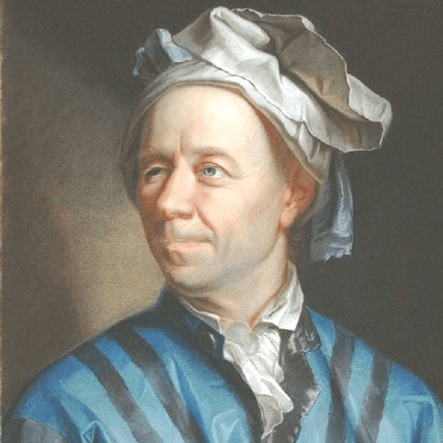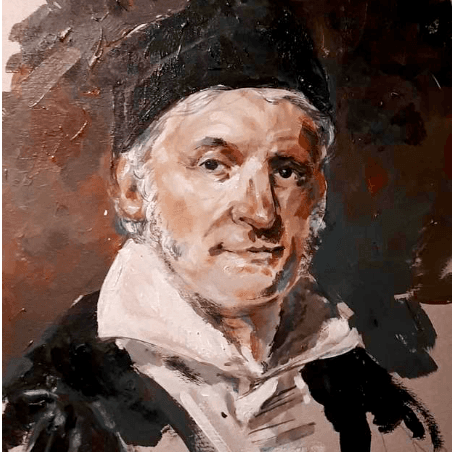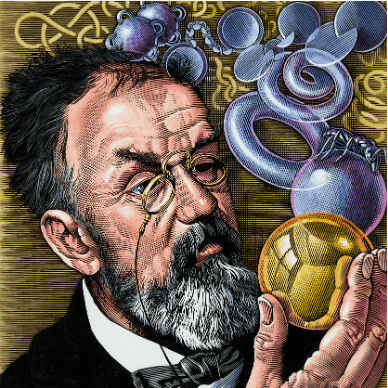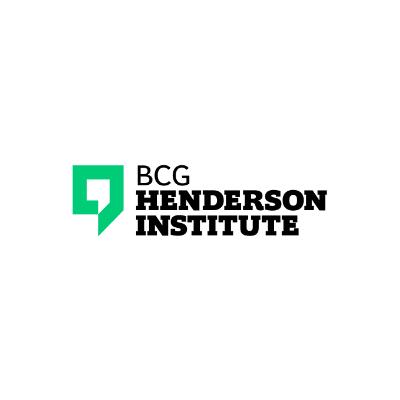250 Fund
Leading businesses supporting basic science and staying abreast of the latest science and technology and how they can harness it.
The London Institute believes that curiosity-driven research is the best way to tackle the problems facing society and business. It also believes that basic science insights can offer a competitive advantage to businesses, which are often the most efficient vehicles for translating ideas into impact.
Businesses that join the 250 Fund gain first-hand insight into the major scientific challenges of our times. They have access to the business-relevant science that the Institute is pursuing – which accounts for a third of our output – and can network with our scientists and other businesses in the Fund.
250 Fund businesses also play a key role in sustaining the Institute. So far, we have been funded by research grants from the UK, America and Europe. But most of that money is restricted to particular projects. Our 250 Fund businesses provide continuing unrestricted income to ensure that the London Institute can continue to use mathematics to understand the world and improve it.

Euler partner
£30,000 and above →
Euler partners have a real impact on the Institute, and we name one of our postdoc positions after them, e.g., the BCG Henderson Postdoc in physics. They are invited to our “Business: Is It Rocket Science?” dinners, which bring together business leaders and scientists to discuss the science of business and the business of science.
Leonhard Euler made seminal contributions to number theory, graph theory, mechanics and topology. He discovered the equation V - E + F = 2, which relates the number of vertices, edges and faces of a planar graph, and the equations governing fluid flow. He discovered the base of the natural logarithm e and the formula ei𝜋 + 1 = 0, widely regarded as the most beautiful in mathematics. His rate of output was prodigious and he was, unusually, as proficient doing mental calculations as written ones.

Gauss partner
£10,00 to £30,000 →
We recognize our Gauss partners by naming after them one of our blackboards – the genesis of all our discoveries – with the donor’s name engraved below the board. Gauss partners are invited to our Science and Society lectures, which bring together leaders in business, government and the arts to understand how science shapes the world.
Known as the princeps mathematicorum, Carl Gauss made fundamental contributions to algebra, number theory, analysis and statistics. He proved the fundamental theorem of algebra and discovered the Gaussian distribution, which describes the sum of any random variable. His proof of quadratic reciprocity culminated in the Langlands program, a kind of grand unified theory for mathematics. At heart a perfectionist and a hard worker, like Feyman he endeavored to make his arduous discoveries seem effortless.

Poincare partner
£3,000 to £10,000 →
We recognize our Poincare partners, like our Gauss and Euler partners, by engraving their names in our entrance hall wall. Poincare partners are also invited to attend our London Institute seminars, which bring together researchers and industry practitioners for drinks and discussion on a particular subject into the evening.
Described as “the last universalist” because of his command of all known science at the time, Henri Poincare made lasting contributions to mechanics, chaos theory, topology and relativity. His work on the fundamental group helped link algebra and topology. He first proposed the existence of gravitational waves, sensationally observed 110 years later. Poincare believed the subconscious was key to solving problems, and relied on intuition to formulate ideas, only later committing them to mathematics.
Pledges
- £0
- £33,000
- £250,000
Testimonials
“It’s a privilege to work with and support the London Institute. It sus- pends the distinction between pure and applied science, simultaneously pursuing fundamental scientific work and its applications. As a free market vehicle, it executes its manoeuvres with impressive agility.”
Martin Reeves, Global Director, Boston Consulting Group
“Nobel laureate George Porter said there are two kinds of research: applied research and research that has yet to be applied. This is a suitable motto for the London Institute, which sees in the abstract beauty of mathematics only the opportunity to change society for the better.”
Sir Peter Williams, former Vice-President of the Royal Society
Our partners

